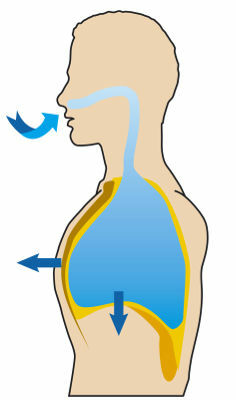You may have seen and heard about fungi, but do you know how to recognize them?
Fungi are organisms eukaryotic, who do not produce their own food. Contrary to what many people think, fungi are not plants and are not classified in the same kingdom as them. Fungi have very different characteristics, so they have been separated into a realm just for them: o Kingdom Fungi.
In nature we find unicellular fungi and multicellular fungi, and most species live in the soil, feeding on the corpses of animals and plants. Other fungal species feed on living organic matter, causing disease in animals and plants and the rotting of fruits and vegetables.

Fungi, along with bacteria, are the main decomposers of organic matter in nature
Today, more than 70,000 species of fungi are known, but experts believe that there are approximately 1.5 million species worldwide.
Fungi and bacteria are the main decomposers in nature and they play an important role in recycling organic nutrients, which are fundamental to the balance of nature.
Some species of fungi are used in the production of food, beverages and medicines. Single-celled fungi, known as yeasts, are used in the manufacture of bread and alcoholic beverages. Some mushrooms, known as champignon and shitake, are used in cooking and consumed in various dishes. In the manufacture of certain types of cheese, fungi are used that give them a very characteristic flavor.

Some species of fungi are widely used in the manufacture of food and beverages.
In 1920, scientists discovered a substance that could be used in antibiotics, present in a fungus called penicillium. From then on, fungi began to be used in the production of antibiotics and other medicines.
In nature there are also parasitic fungi, which cause diseases in animals and plants, such as coffee rust and mycoses on the skin of animals.
Related video lesson:


